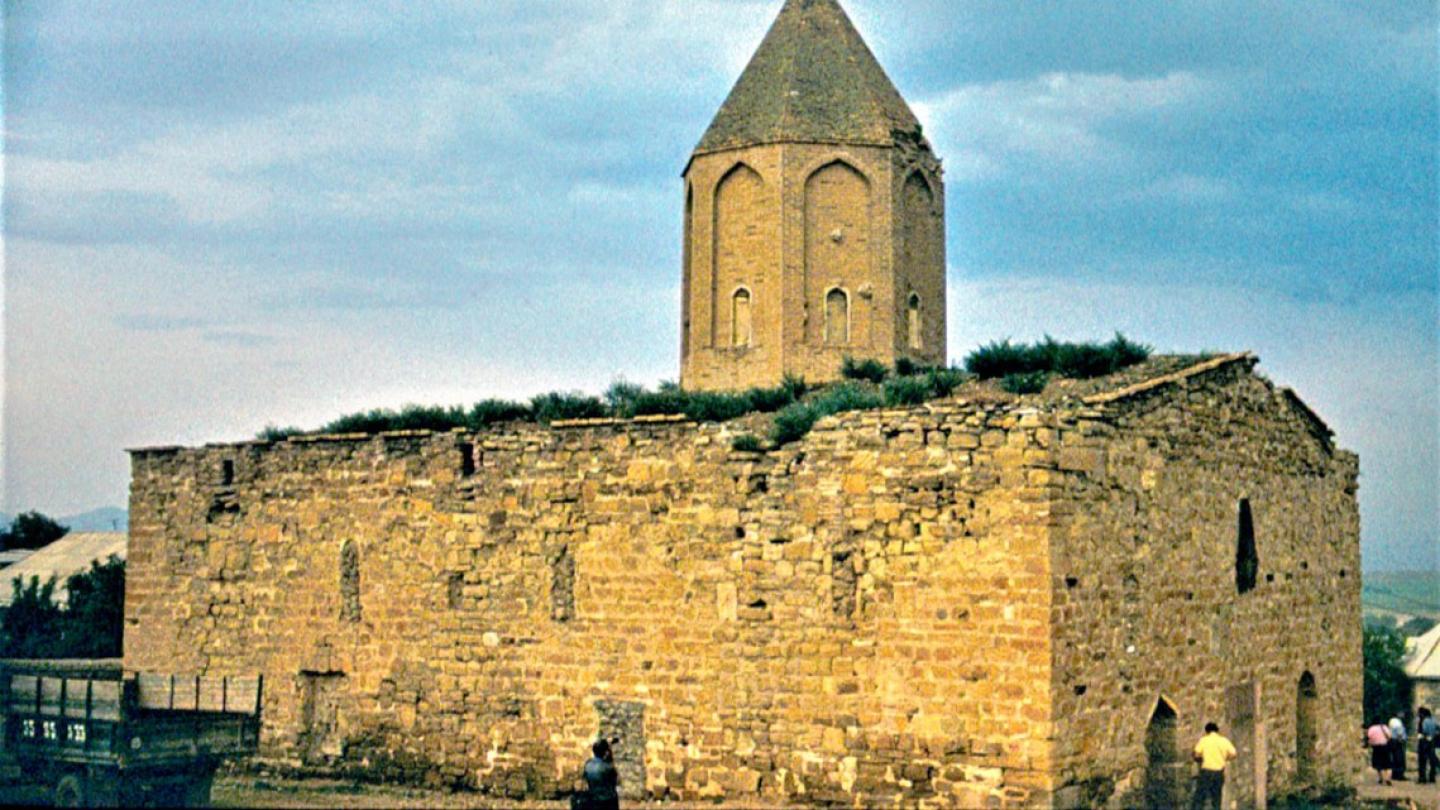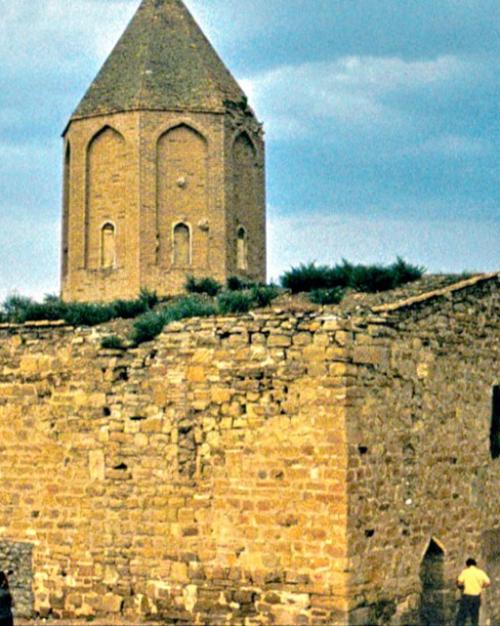This week, the ongoing conflict in the South Caucasus between the Azerbaijani military and the separatist Armenian Republic of Nagorno-Karabakh entered a new phase as Azerbaijan shelled cities and towns in a renewed effort to retake the territory through violence. As the Armenian population is removed from Nagorno-Karabakh, hundreds of Armenian monasteries, churches, cemeteries and shrines will be at risk of erasure.
Adam T. Smith is a professor of anthropology in the College of Arts & Sciences and co-director of Caucasus Heritage Watch, a group that has been monitoring heritage sites at risk in the region. He paints a picture of what will happen if multilateral organizations like UNESCO fail to protect Armenian cultural heritage.
“World institutions of heritage protection today face the most profound test of their legitimacy since World War II in the mountains of the South Caucasus," says Smith. "Multilateral organizations like UNESCO and national centers of heritage preservation like the Cultural Heritage Office in the US State Department were silent as Azerbaijan dismantled Armenian cultural heritage in Nakhchivan and have raised no public protest against the ongoing destruction in Nagorno-Karabakh.
“If these organizations fail, another irreplaceable medieval and early modern Armenian cultural landscape will vanish. And other national leaders, hostile to ethnic minorities in their midst, will see inaction as a green light for their own purging of humanity’s past. The result will be an impoverished archaeological record, a human past rebuilt around intolerant fictions of national homogeneity and a future deprived of our tangible monuments to human creativity, tolerance and peace. UNESCO and international organizations committed to preservation must not fail in protecting the cultural heritage of the South Caucasus," says Smith.
Lori Khatchadourian, associate professor of Near Eastern studies (A&S) and co-director of Caucasus Heritage Watch, explains why there is reason to expect a mass exodus by Armenians of Nagorno-Karabakh.
“Azerbaijan’s recent offensive in Nagorno-Karabakh and the surrender by de facto authorities has raised widespread fears of yet another wave of ethnic cleansing in this war-torn region," says Khatchadourian. "Already beleaguered by months under Azerbaijani blockade, thousands of Armenians have evacuated their homes in towns and villages across the region and converged on the capital, where they await an uncertain fate. Baku has spoken of ‘peaceful integration’, but in the days and weeks ahead, the Armenians of Nagorno-Karabakh are likely to face an impossible choice: to abandon ancestral lands or risk living under an authoritarian regime that has cultivated ethnic hatred and made it impossible for Armenians to imagine their existential safety as citizens of Azerbaijan. There is reason to expect a mass exodus.
“When that happens, Armenians will leave behind a rich cultural and religious landscape with scores of heritage sites, from exquisite medieval monasteries to modest village churches, to historic cemeteries with iconic engraved cross stones. The risk of destruction and falsification of these cultural and religious sites is immense. If Azerbaijan takes sovereign control over Nagorno-Karabakh, we estimate that an additional 200-300 Armenian cultural heritage sites will be endangered," says Khatchadourian.
Smith and Khatchadourian's work is supported by a New Frontiers Grant, "Heritage Forensics: Archaeology, Law, and Politics in the 21st Century."





